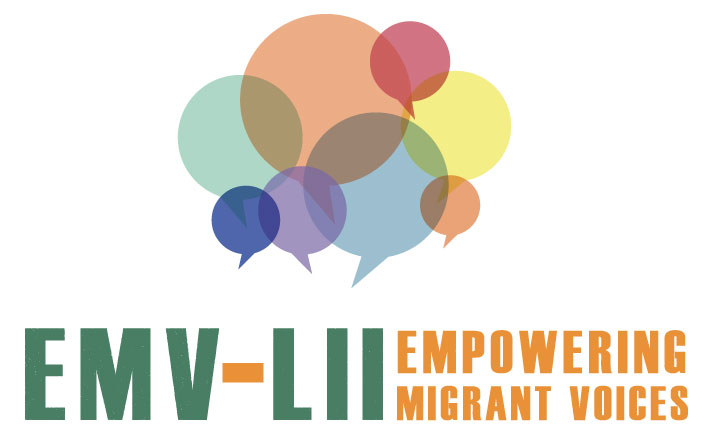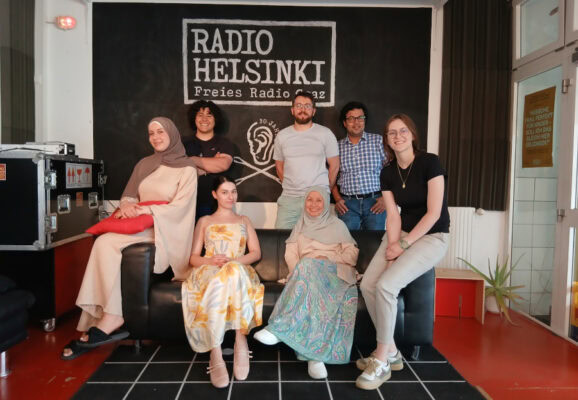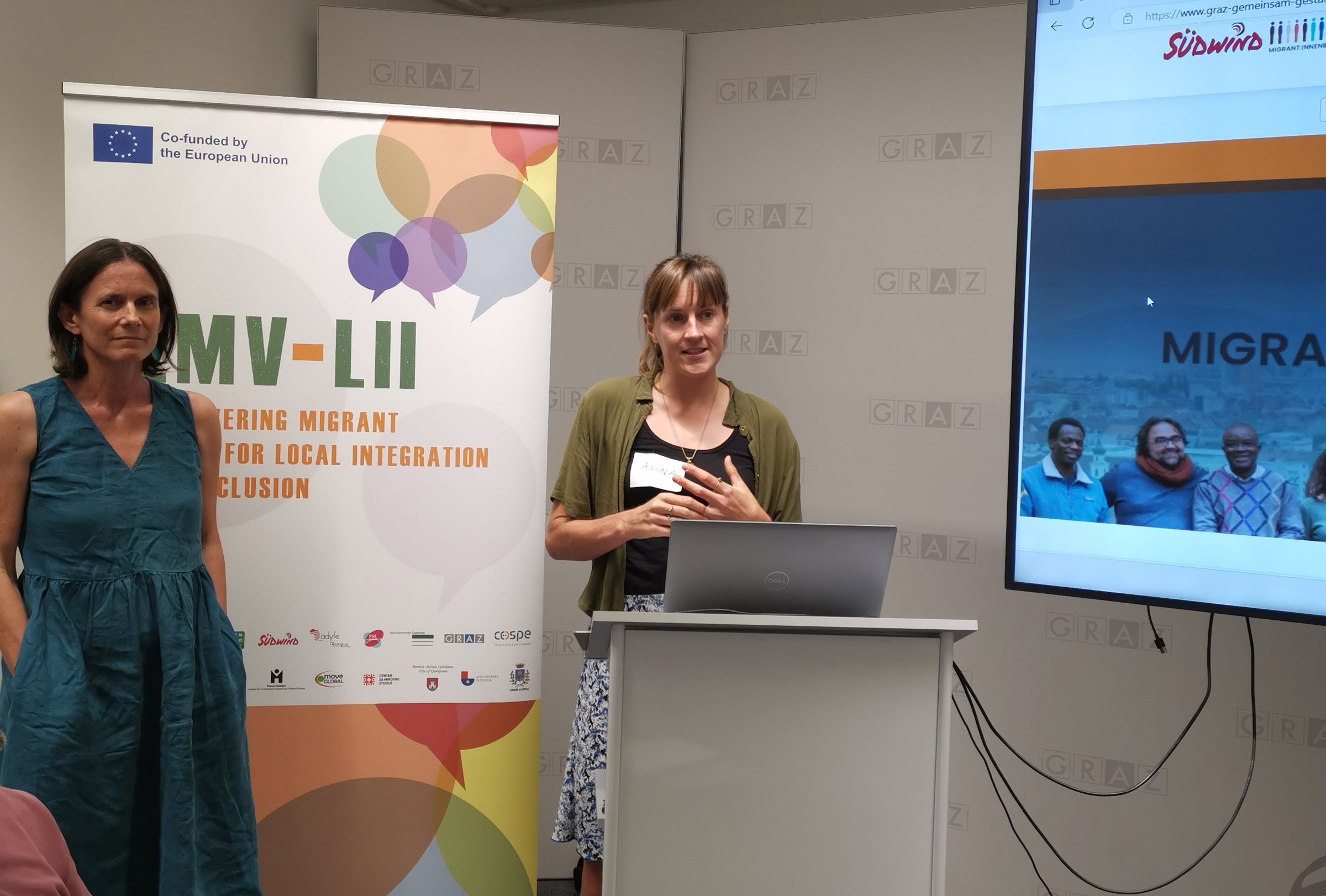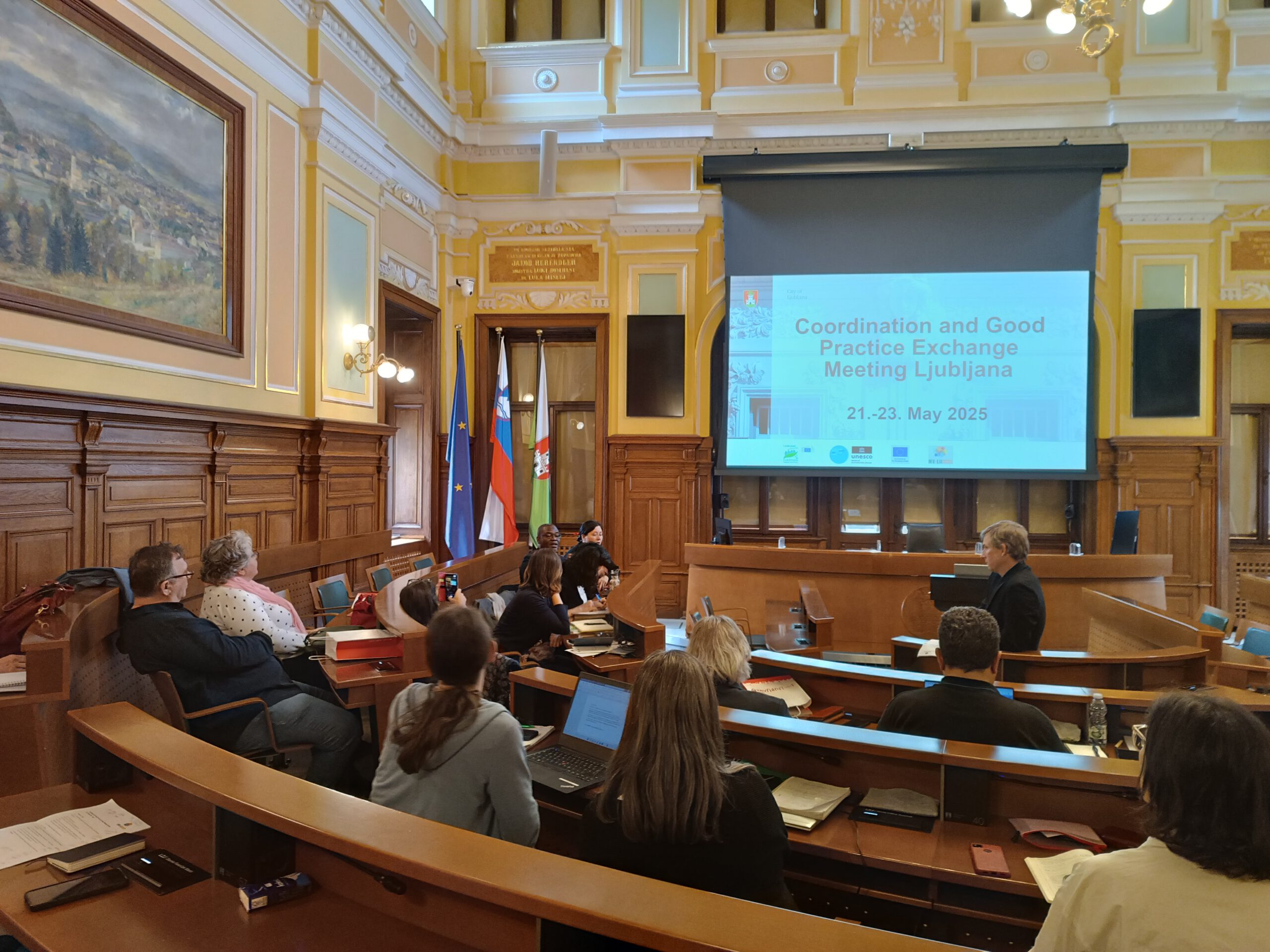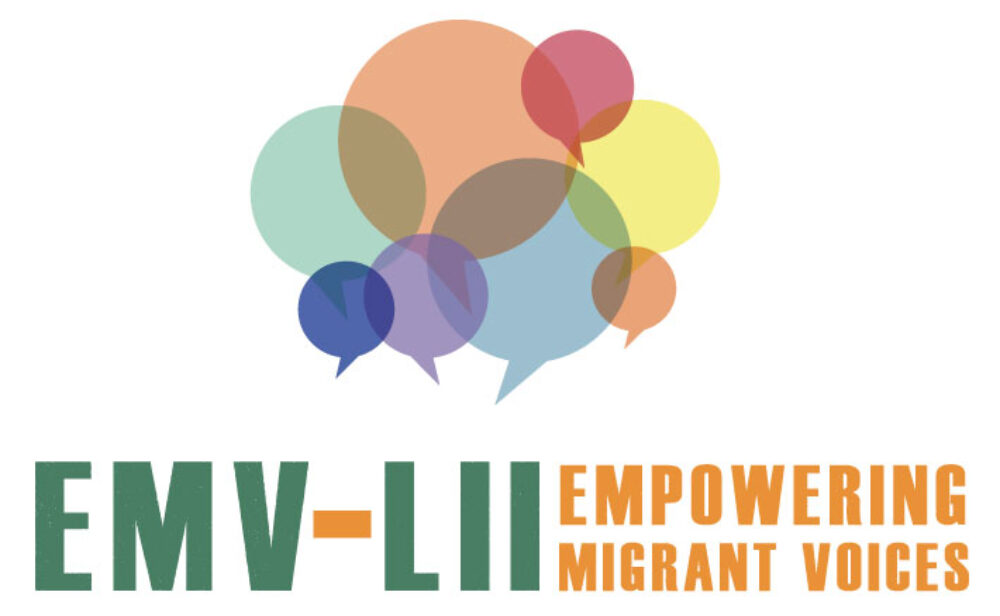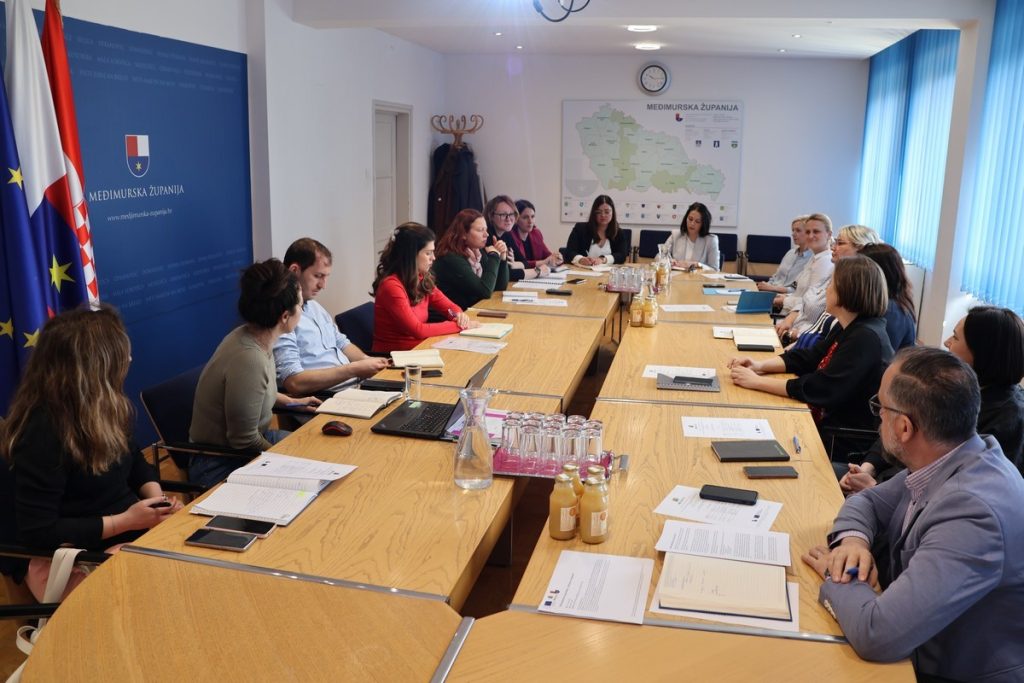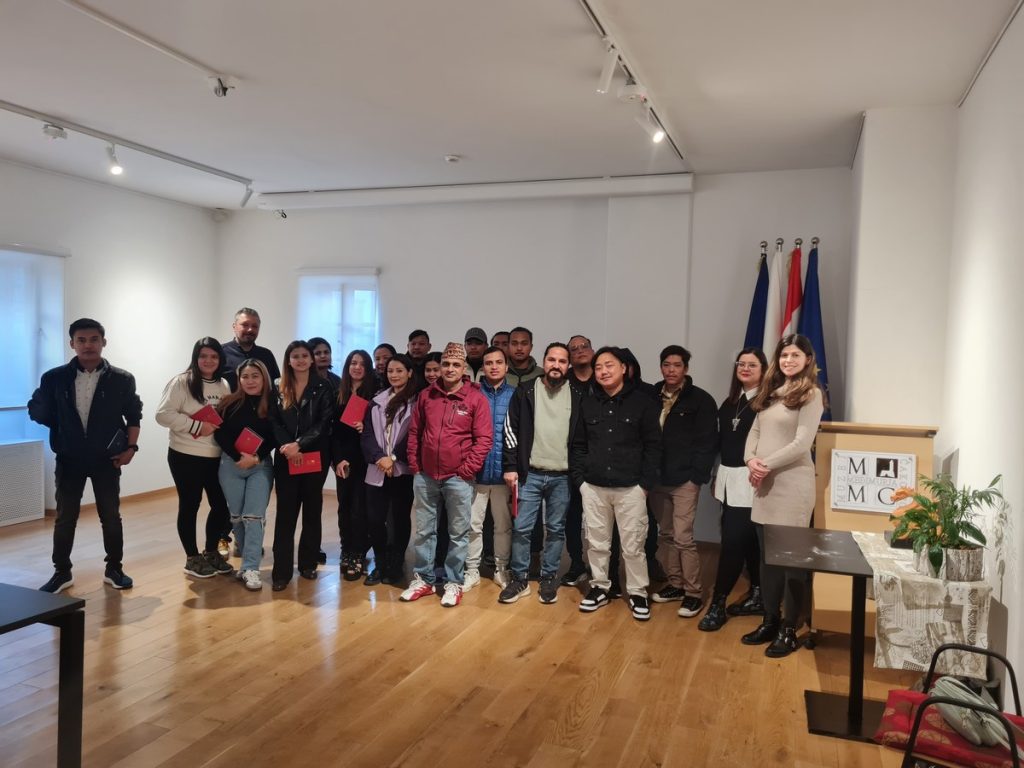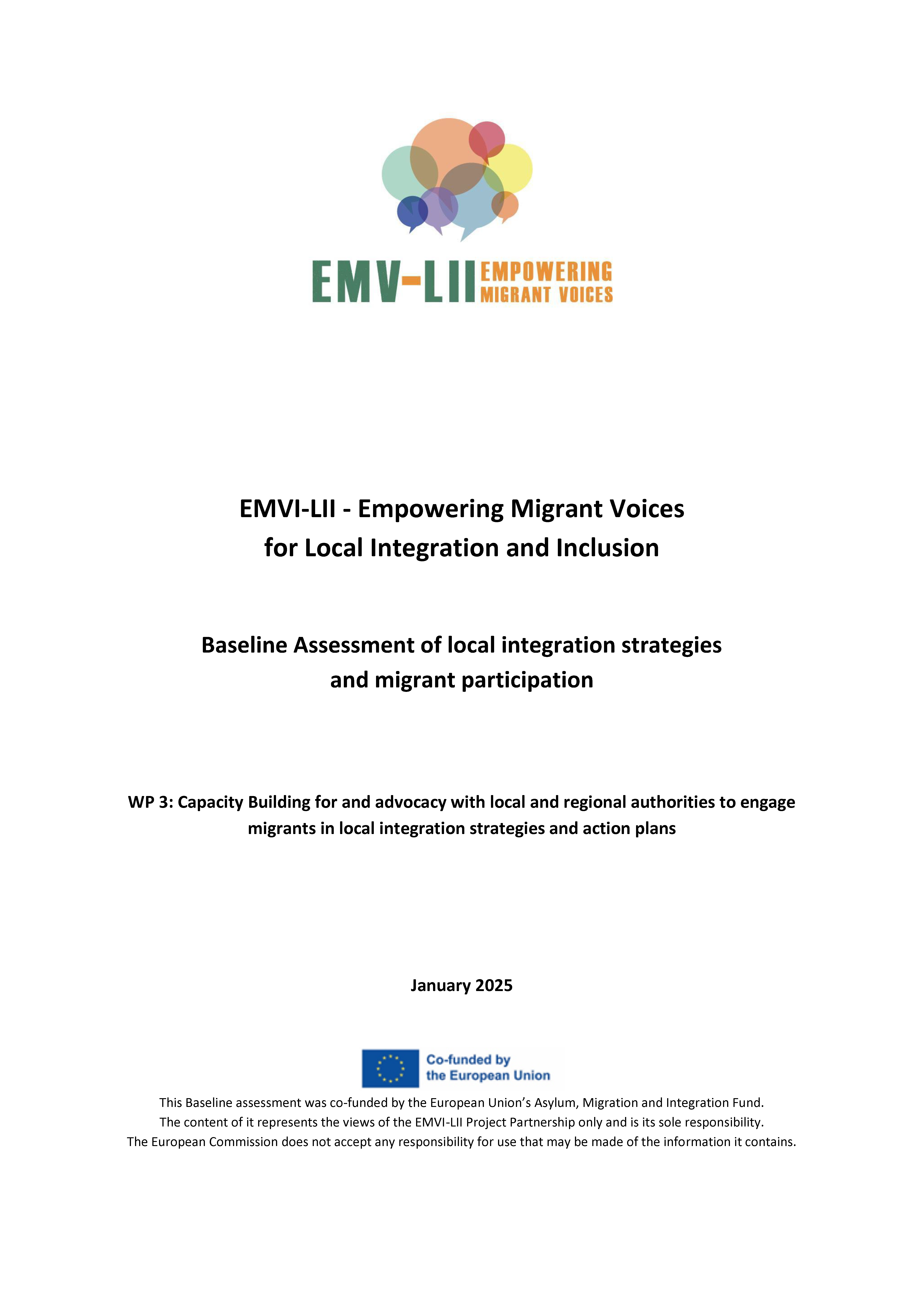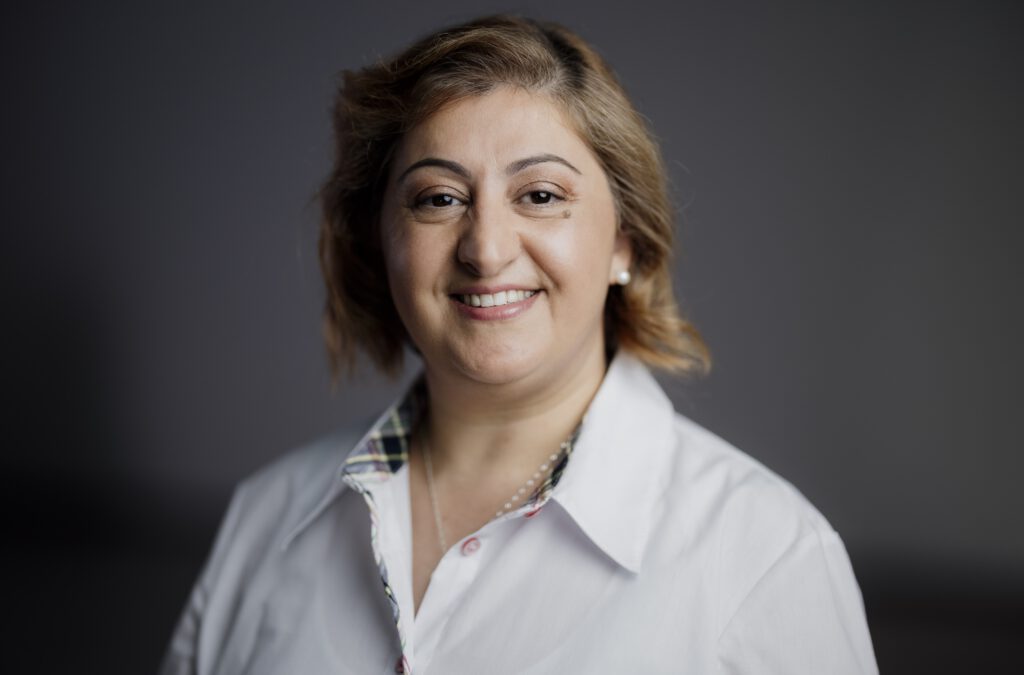
People with a history of migration have skills, experience and a willingness to engage, which is why they should be involved in the society: they are bridges between different cultures, they enrich the contexts in which they are and they shorten the distance between human beings, breaking down prejudices, bad information and misunderstandings. This is what Mona Abou Alfa, from the Advisory Committee for Participation and Integration of the Berlin Mitte district office (the central district) said: “The Mitte District Office for Participation and Integration and the project sponsor moveGLOBAL e. V. are cooperation partners in the EMVI project. With this platform, we would like to enable the right to vote for everyone, regardless of citizenship, and we call for more financial and non-financial resources to be made available in order to enable unhindered participation for all”, she pointed out immediately.
What is the EMVI project’s contribution to solving the problems faced by migrants in Europe?
The EMVI project helped with organizing internal workshops to set the tone and to build a good workflow in the newly formed Advisory board for Participation and Integration in the District of Mitte, Berlin. We are also looking forward to using a web-platform created for us to interact with other advisory boards in Berlin. In Europe, the EMVI project has 3 pillars: increasing participation of people (especially women) with migrant backgrounds; increasing the capacity of local and regional authorities to effectively advise/interact with people with a history of migration; establishing innovative participation tools and opening new spaces for migrant voices to be heard.
What do you expect from the meetings in Brussels?
I hoped to get the best possible results and I was curious to see how the meetings in Brussels would go. So far we have only managed to make small steps forward, so I hoped that these steps could become bigger and bigger, if possible, but I attended the meeting with positive thoughts and I am confident.
How do you feel after the meeting with the MEPs and the Commission’s representatives?
As a German with a migration history, I felt cornered in many ways, I felt limited. I see that we are making progress, for example with the introduction of new border control procedures or the improvement of IT systems adapted to the rules for asylum requests, but everything moves at a very slow pace and it takes years for it to arrive to full implementation. In this way we will not be able to achieve the goals we would like. During the meeting at DG-Home, we were told that we would have to present our requests in writing, in a maximum of two pages. It was a shame that there was no interpreter on site, especially as there were representatives from five EU countries present, many of whom did not speak English. In the European Parliament, we only had a short window of time with the representatives: four MEPs attended the meeting, but they had little time available. Only one MEP remained until the end of our 90 minutes, but he told us that unfortunately he couldn’t do anything for us, even though he was empathetic towards our problems. A positive outcome of our meeting at DG-Home was that the Commission sent a staff member to the round table. In my opinion, people with a migration history have skills, refugee experience and voluntary and political commitment, which is why it would be appropriate to involve them more in the society. Personally, I see myself as a bridge between different cultures and this could enrich the society. Prejudices, lack of information and misunderstandings mean that other cultures are not accepted and they don’t even exist in many people’s mind. Integration or inclusion requires a foundation that must be laid by both parties from the beginning, this is how we avoid the marginalization and exclusion of people with a history of migration. I would like people with a migration history to be seen in a positive way and to be recognized for their contribution, because this can have a motivating effect on their commitment.
